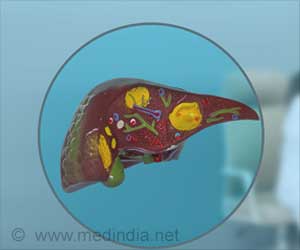Azathioprine, an immunosuppressant, meant for use in kidney transplant recipients can be used in treatment of eczema, a skin disorder.
Azathioprine, an immunosuppressant, meant for use in kidney transplant recipients can be used in treatment of eczema, a skin disorder. The drug was discovered 40 years ago, is still used to prevent the rejection of transplanted kidneys in renal failure patients.
In around the 1960s, Roy Calne showed that azathioprine prevented the rejection of canine kidney transplants. Following this finding, a combination of azathioprine and corticosteroids were developed, for use in patents with transplanted kidneys.Atopic eczema is a skin disorder that affects nearly 10-15% of children. Approximately one-third of these children carry the disease symptoms, into adulthood. High doses of topical steroid creams are given. This is however not a very effective form of treatment. The lack of a proper available treatment sparked interest among the researchers, in search of a more effective treatment.
Although, some Dermatologists believed that azathioprine could be useful in eczema treatment, no clinical trials had been initiated so far. Nearly 63 patients with atopic eczema, a most common form of the disease were taken up into a 3- month clinical trial.
All the study participants had undergone a variety of treatments, including radiation therapy with ultraviolet light. Surprisingly, treatment with azathioprine was found to cure the irritating skin condition. Although the drug can have serious side effects such as increased susceptibility to infections, it can be minimized by modulating the drug dosage depending on the ability of the patient to metabolize the drug.
'I'd tried everything so had no hesitation in taking part in the trial. At its worst, I'd been covered from head to toe in eczema sores. It was so painful it stopped me from sleeping at night and it affected what I would wear because I tried to cover it up as much as possible. My eczema disappeared within a couple of months. It was the first time I'd been clear of eczema since I was a child,' remarked Lindsay Dodds, one of the study participants.
This path-breaking research has been conducted by Dr Simon Meggitt, Dermatologist, Newcastle's Royal Victoria Infirmary, in association with Prof Nick Reynolds at Newcastle University. 'This kind of promising development illustrates why we are so dedicated to raising funds for research into eczema and related skin disorders that blight so many people's lives,' said Matthew Patey, British Skin Foundation.
Advertisements











